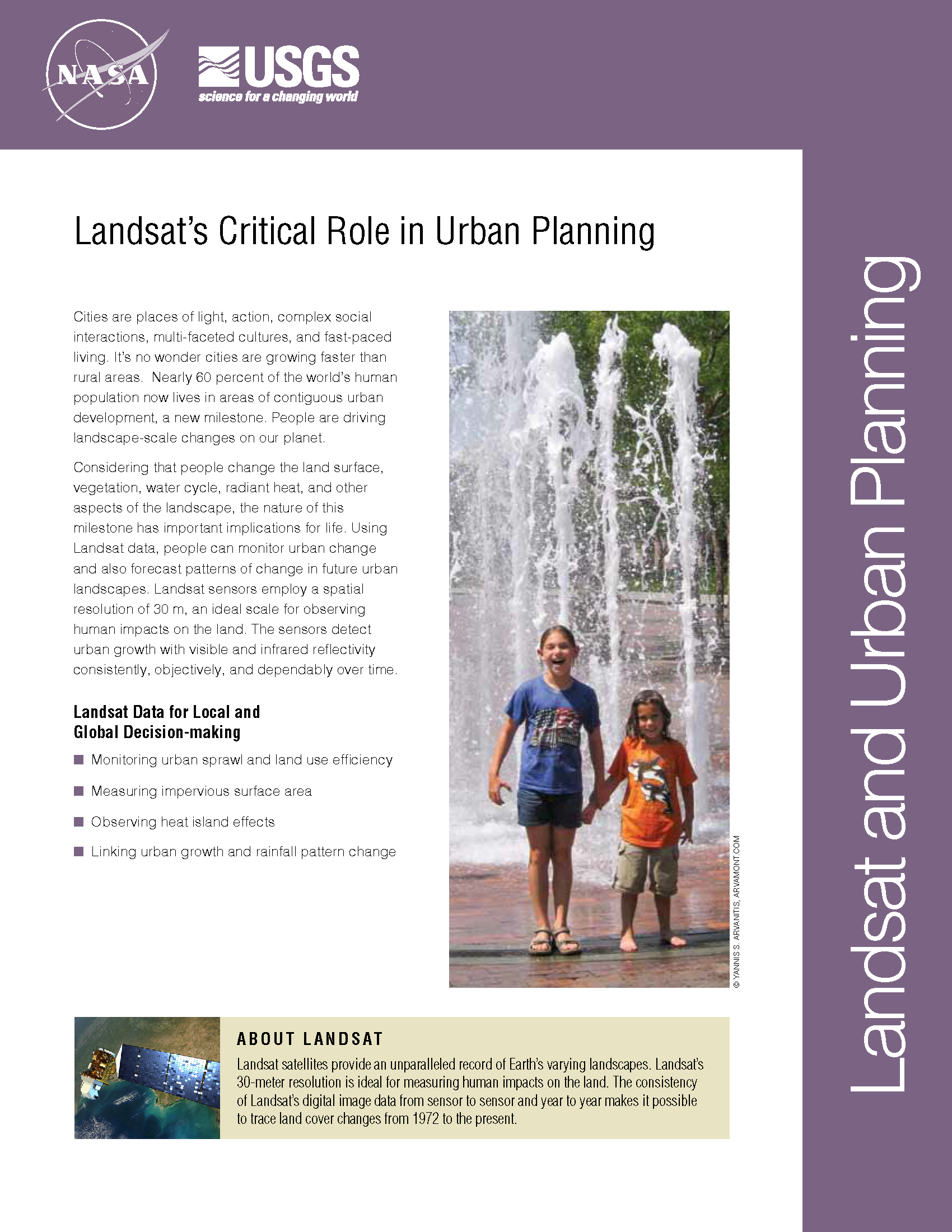Landsat’s Role in Supporting Urban Planning
Cities are places of light, action, complex social interactions, multi-faceted cultures, and fast-paced living. It’s no wonder cities are growing faster than rural areas. Earth experienced a milestone in the history of urban landscapes in 2008-09. More than 50 percent of the world’s human population now lives in areas of contiguous urban development. People are driving landscape-scale changes on our planet. Considering that people change the land surface, vegetation, water cycle, radiant heat, and other aspects of the landscape, the nature of this milestone has important implications for life. Using Landsat data, people can monitor urban change and also forecast patterns of change in future urban landscapes. Landsat sensors employ a spatial resolution of 30 m, an ideal scale for observing human impacts on the land. The sensors detect urban growth with visible and infrared reflectivity consistently, objectively, and dependably over time.
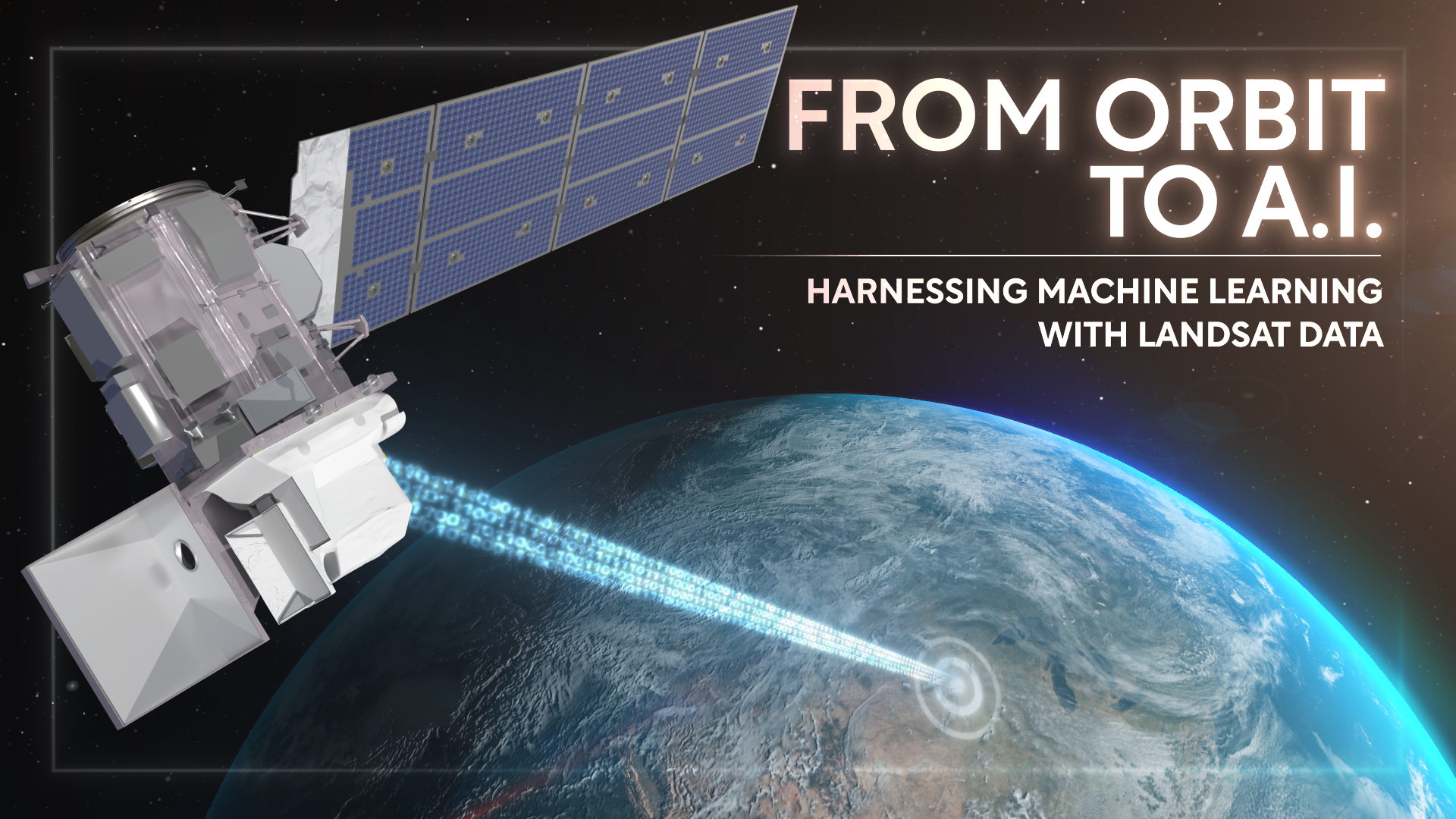
From Orbit to A.I.—Harnessing Machine Learning with Landsat Data
Over the past few years, machine learning techniques have been increasingly used to analyze the vast amount of data collected by the Landsat mission, which has been circling the globe for over 50 years.
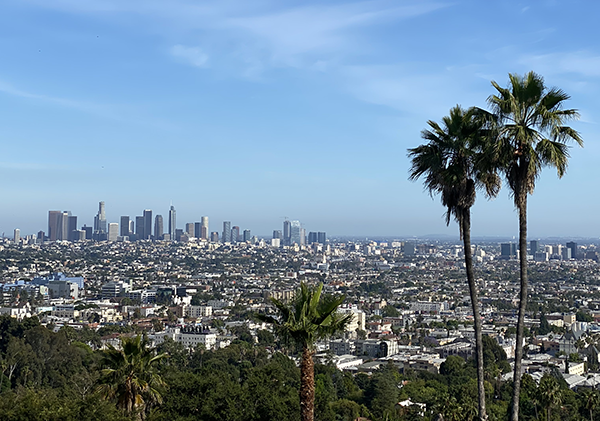
Study Finds Increased Urban Greenery Could Save Lives
A new analysis found that between 34,000-38,000 could have been reduced with local increases in green vegetation in US metropolitan areas from 2000-2019.
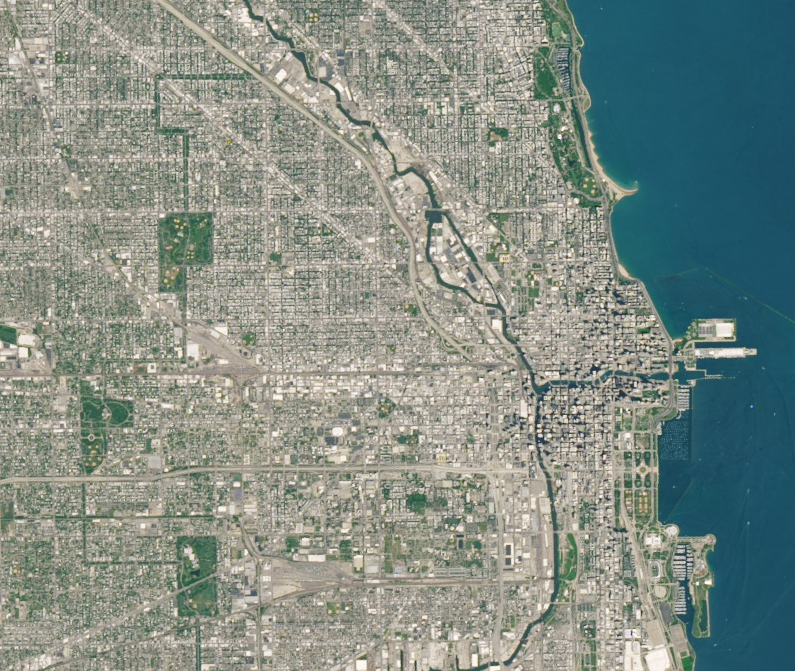
Finding Ways to Turn Down the Heat in Cities with Satellites
Rooftop gardens and greenery can help ease some of the severe heat in cities, according to research from climate scientists at NASA’s Goddard Institute for Space Studies (GISS) in New York.
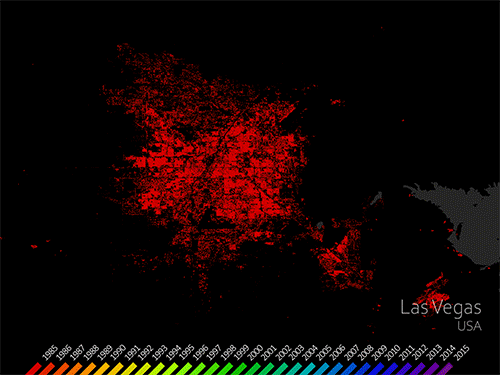
Mapping Our Human Footprint from Space
The World Settlement Footprint is the world’s most comprehensive dataset on human settlement.
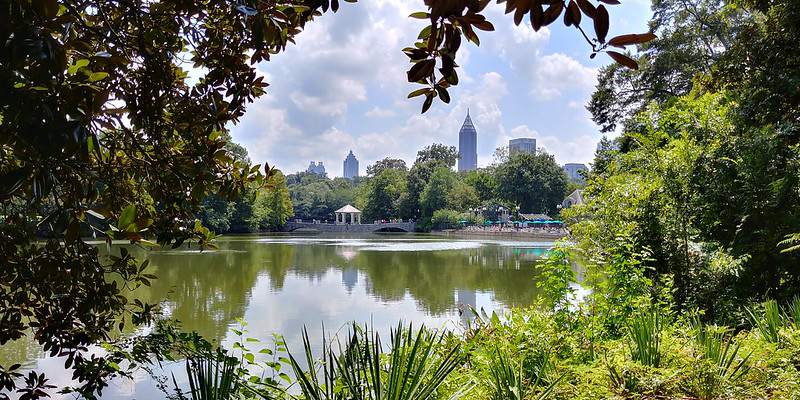
Landsat Helps Urban Planners Find Disparities in Access to Green Spaces
Study of two metro areas finds where parks, trees and other green spaces are located.
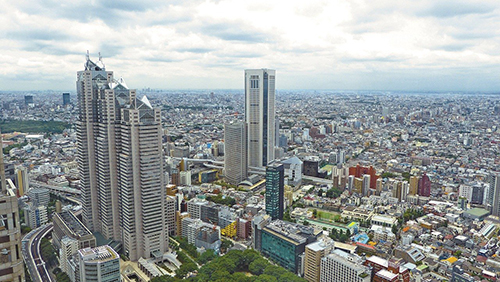
Understanding the Ecological and Environmental Impacts of Urbanization
Landsat-based urban extent and phenology indicators provide new information about urban environments.

